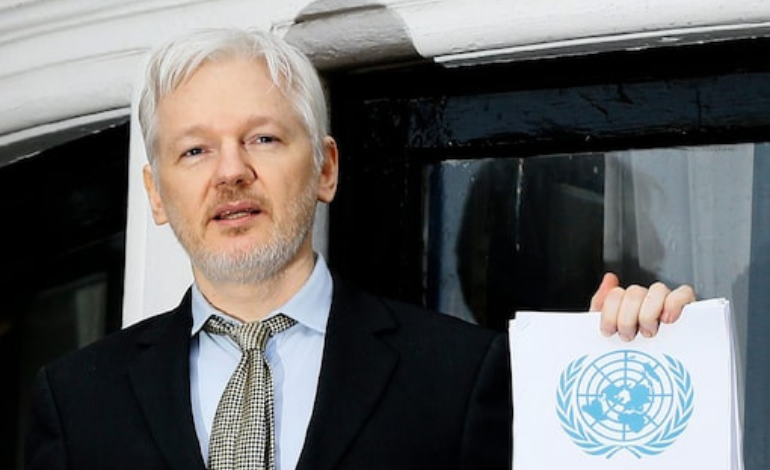The British government accepted Julian Assange’s extradition to the United States on Friday, where he will face charges related to the publishing of secret data linked to the Iraq and Afghanistan wars

The interior ministry of Home Secretary Priti Patel said Assange has 14 days to appeal the decision, which came after a UK court cleared his removal.
Protests against Assange’s deportation have been organised on a regular basis by his supporters.
After having two children in secret while the 50-year-old advocate was shut up in Ecuador’s London embassy for years, his wife, Stella, has called for his release.
WikiLeaks slammed Patel’s ruling as a “sad day for press freedom and British democracy,” vowing to take the case to the High Court, accusing the US of “planning his death.”
“Julian did nothing wrong. He has committed no crime and is not a criminal. He is a journalist and a publisher, and he is being punished for doing his job,” the group said in a statement.
WikiLeaks said the case was “political”, as Assange published evidence that the United States “committed war crimes and covered them up”
Although the case against him was dismissed, he was not freed from prison after spending time for breaching bail on the grounds that he was a flight risk in the extradition proceedings to the United States.
To avoid being deported to Sweden, Assange, who married in prison in March, spent seven years at Ecuador’s embassy in London.
When the government in Quito changed, he was jailed and his diplomatic protection was revoked.